Amadora, as the lead city in the network has focused on it’s role in sharing it’s good practice in a variety of ways through organising workshops, providing training and hosting online events. In particular we wanted to share directly our expertise in working with young people and schools to create anti-rumour hubs in our neighbourhoods. We organised a set of peer- to peer workshops in each of our partner cities and two highly experience creative educators and members of our local group, Elisa Moreira and Marina Palacio delivered training to teachers, youth worker and community artists.
We have also used this experience to learn from our partners and improve our work in Amadora. This has resulted in new projects and a fresh look at who we are as a city and how we tell our story and in particular to pay more attention to who’s voices are heard in this narrative.
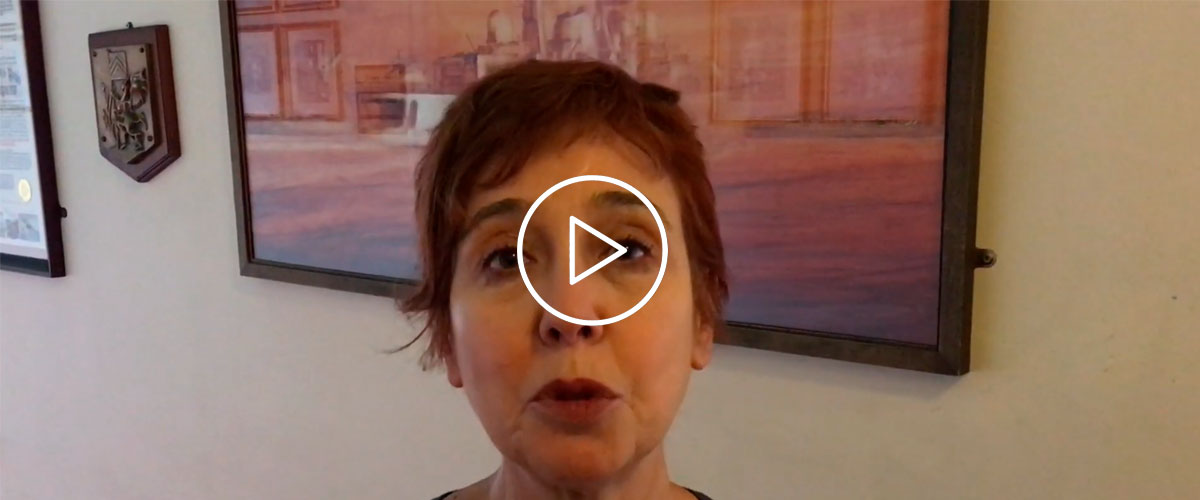 Dina Moreira, Municipality of Amadora
Dina Moreira, Municipality of Amadora
Our Starting Point
We know that developing an anti-rumour strategy and a more inclusive city is a long-term commitment. Migrants have been disproportionately impacted by Covid-19 in our city and this is underpinned by structural issues of discrimination, racism and inequality. Over a long period and through our involvement in the Council of Europe’s Communication for Integration programme and as Lead Partner of the URBACT Action Network Arrival Cities we have been growing a local network of stakeholders and organisations. Being Lead Partner of Rumourless Cities has given us new goals and impetus to maintain the energy and involve new participants in the network. We recognise though that in our network there is underrepresentation of people with a migrant background. A goal for us has been to find ways to give more voice and representation to people with a migrant background to help direct the city in being more inclusive.
Welcoming and Integrating
Through this project we have continued to develop and implement our core integration work with our local group of stakeholders and developed a new resource or guide for recent migrants to Amadora alongside community cohesion events.
On World Day of Cultural Dialogue and Development on 21 May 2020 we organised an online event . We launched the ‘Reception Guide for the Migrant Population of Amadora’ and also held a showcooking event with local chef Fabio Bernardino who demonstrated some of the recipes found in our city cookbook- ‘Amadora, Palares do Mundo’.
Developing our inclusive city narrative
We have also embarked on a concerted effort to re frame our city narrative through the eyes of those who are often most marginalised. We have learnt a great deal from our collaboration during Rumourless Cities with the ‘Inclusive Cities’ (https://www.compas.ox.ac.uk/project/inclusive-cities/network) in the UK and also from our partners in Cardiff and Hamburg-Altona who have been developing more inclusive narratives. Additionally, through the skills/knowledge exchange delivered in each city, our trainer and local teacher has developed classroom activities and discussion around the ‘Altona Declaration’ developed by our partners there.
“A city that says yes, to human rights and values cultural diversity is a city that has learned to live the advantage of diversity, through processes of solidarity, interculturality and socio-economic integration of its citizens.
Communication that promotes integration is a communication that promotes change. Through the narratives in the project, "Rumourless Cities", the change in the city has already begun.”
Ana Amaral, Amadora Municipality
We decided to focus our work on giving more voice to the young and marginalised- young people living in Amadora with different migrant backgrounds. ‘Reflecting on cultural identity, stereotypes and prejudices’ was the theme launched by young people to build their own narratives, communicate life experiences and highlight what change is needed for the future.
Young people in workshops for the project Positive Narratives in the City
We worked with a local film and media company ‘TV Amadora’ and young people explored themes and leant skills in filmmaking. Through creative activities the group explored issues of rumours, prejudices, values, relationships, attitudes and identity and explored creative, imaginative responses to these themes.
They were then set the brief: ‘What is the truth or ideal I want to convey?
The films produced rewrite our city as an intercultural city through stories of migration and resilience.
This project ‘Positive Narratives in the City’, will continue. The resulting films from our work during Rumourless Cities are below.
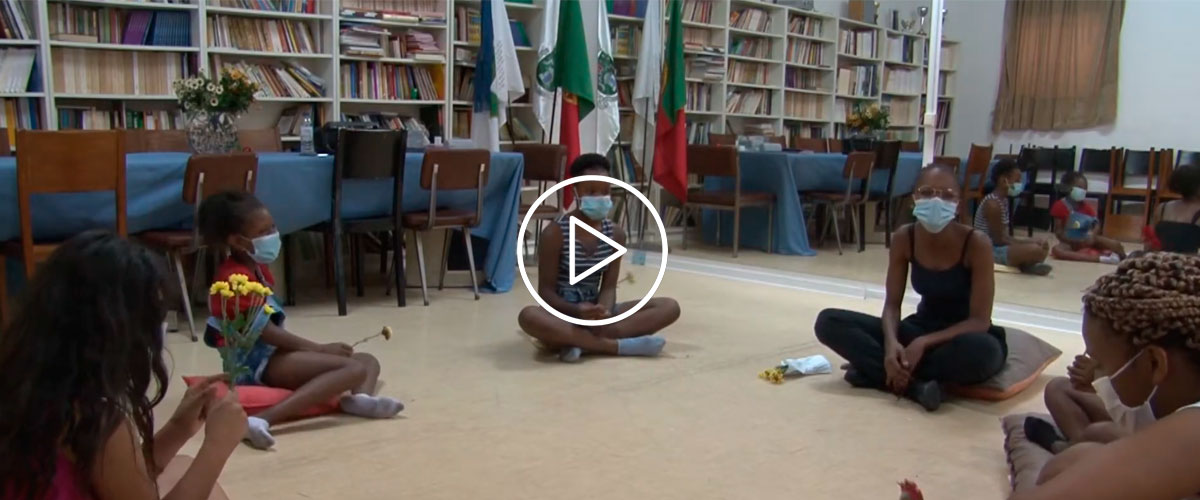 From the Neighborhood to the World by Érica Fernandes with participation of Raquel and José... "Exploring the experience of living in a municipal neighborhood amongst ‘good and wonderful people".
From the Neighborhood to the World by Érica Fernandes with participation of Raquel and José... "Exploring the experience of living in a municipal neighborhood amongst ‘good and wonderful people".
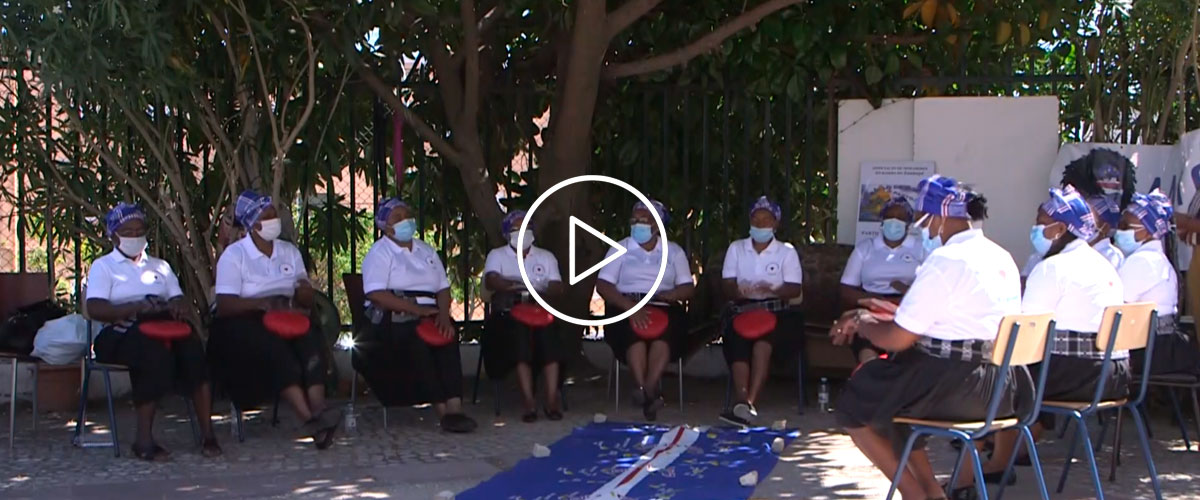 Sounds of Amadora by Neima Mendes with participation of Batukadeiras… "Exploring rumours and prejudice experienced by Cape Verdean batuke group “Regardless of our culture, we have to know how to respect others”.
Sounds of Amadora by Neima Mendes with participation of Batukadeiras… "Exploring rumours and prejudice experienced by Cape Verdean batuke group “Regardless of our culture, we have to know how to respect others”.
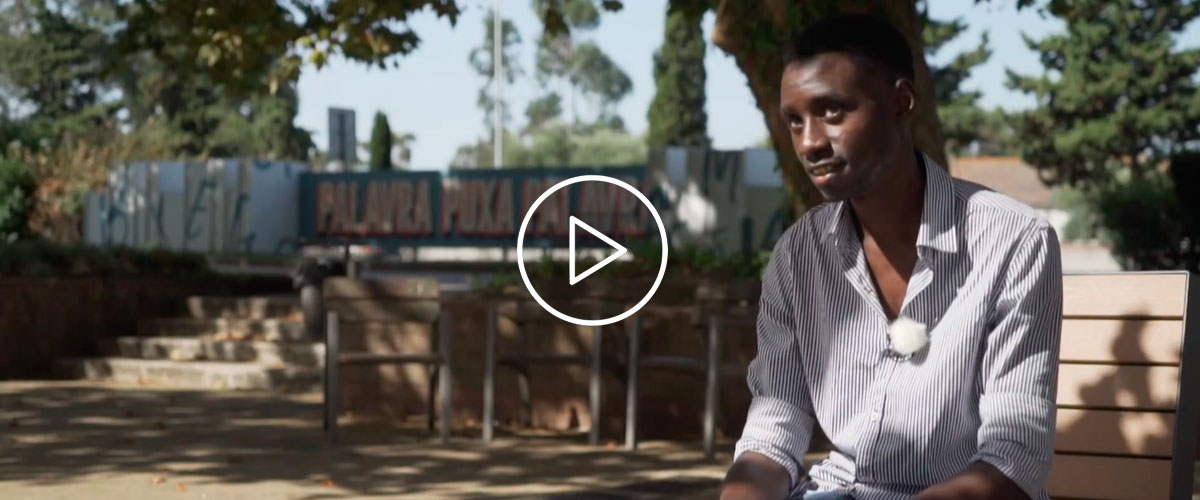 Vocational Training by Leinira Mendes with participation of Jonh Manga…”We all have the right to education so that difficulties become opportunies”.
Vocational Training by Leinira Mendes with participation of Jonh Manga…”We all have the right to education so that difficulties become opportunies”.
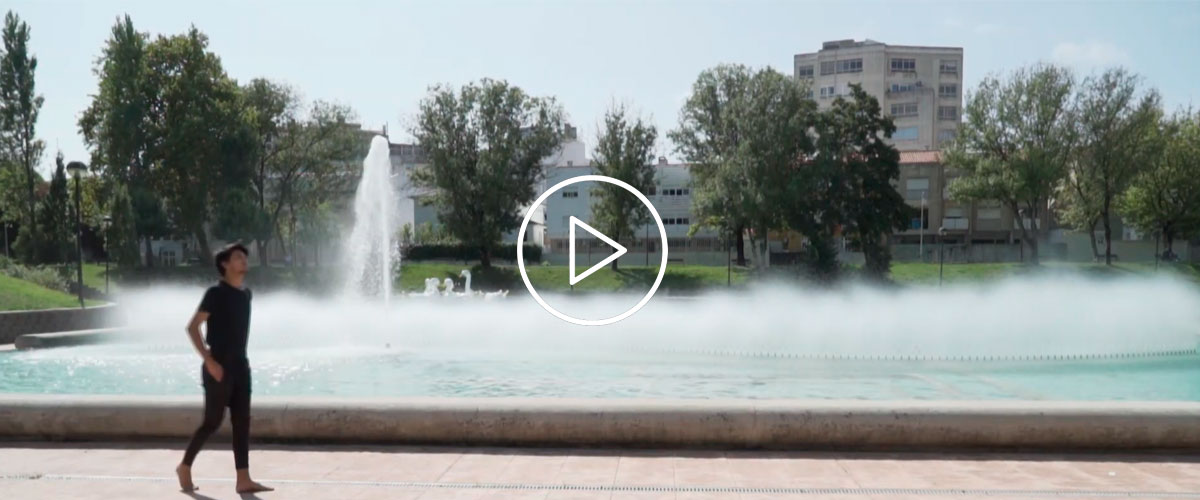 Don't Stop Dreaming by Jéssica Evaristo with the participation of Jessica, Anna and José…”We can all dream and the dream is the basis of all achievements”.
Don't Stop Dreaming by Jéssica Evaristo with the participation of Jessica, Anna and José…”We can all dream and the dream is the basis of all achievements”.
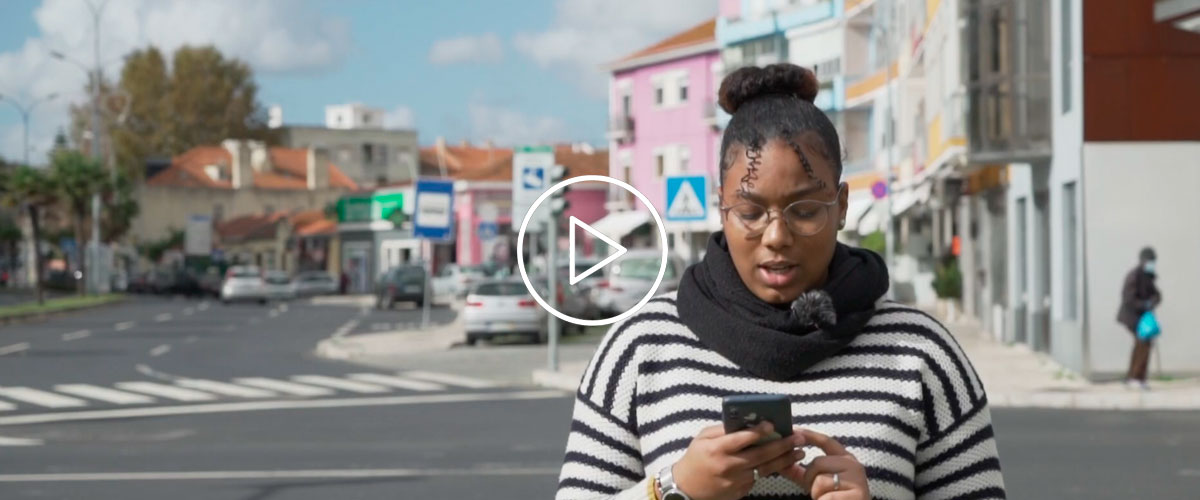 Ethnocentrism by Rosibel Neves…”We are all people with different opinions and choices, we are the result of our experiences”.
Ethnocentrism by Rosibel Neves…”We are all people with different opinions and choices, we are the result of our experiences”.
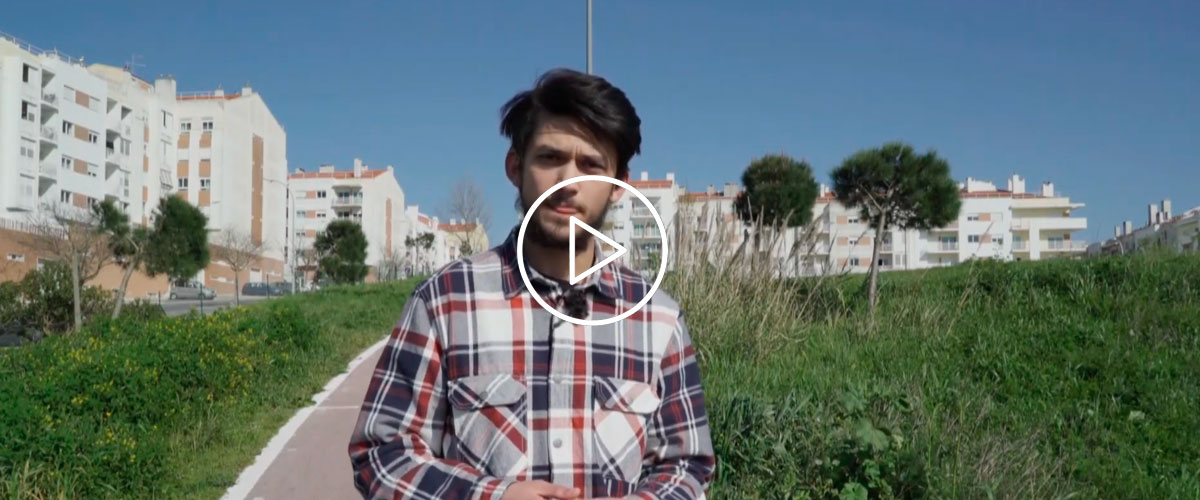 City Colours by José Trigo… “Amadora’s wealth is in it’s colours”.
City Colours by José Trigo… “Amadora’s wealth is in it’s colours”.
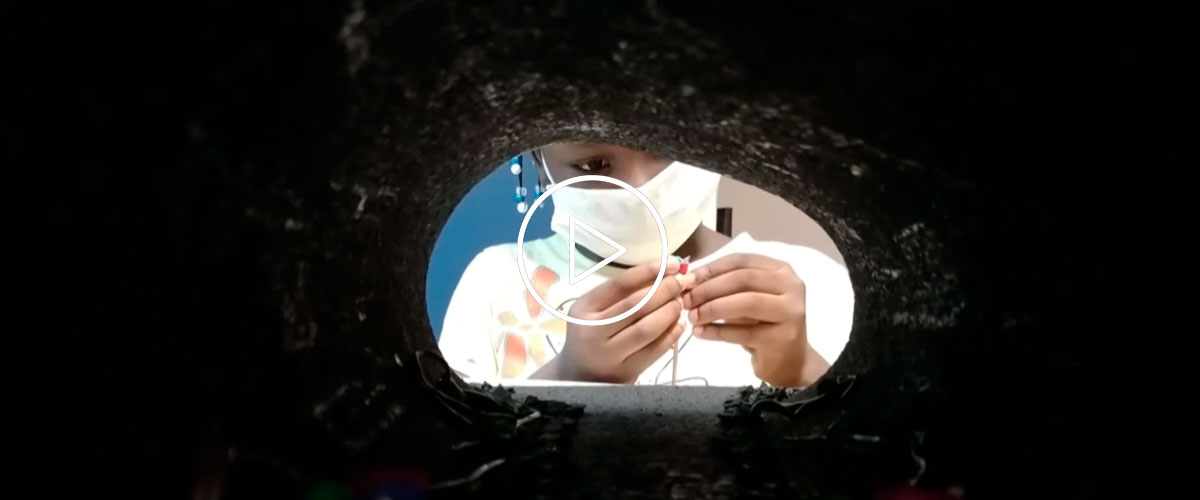 Voices by Inês Joaquim… "A tunnel is synonymous with passage and echoes laden with rumours and prejudices filter the accessory. In the end, the words pass and the truth remains. Illuminate the truth".
Voices by Inês Joaquim… "A tunnel is synonymous with passage and echoes laden with rumours and prejudices filter the accessory. In the end, the words pass and the truth remains. Illuminate the truth".
Key Learning:
- The importance of investing in relationships and developing a strong connection and engagement with the group of young people with migrant backgrounds and to support them to become the lead voices to tell narratives of the city.
- The effectiveness of peer to peer training and experience/skills exchange through the local training Amadora delivered in partner cities.
- The visits made to the cities involved in the project were very important to open new horizons, especially to the institutions (NGOs) involved in ULG, which, in general, have few opportunities to leave the country to carry out these visits and to share experiences with transnational partners.
Contact:
- Dina Moreira, Municipality of Amadora, This email address is being protected from spambots. You need JavaScript enabled to view it.
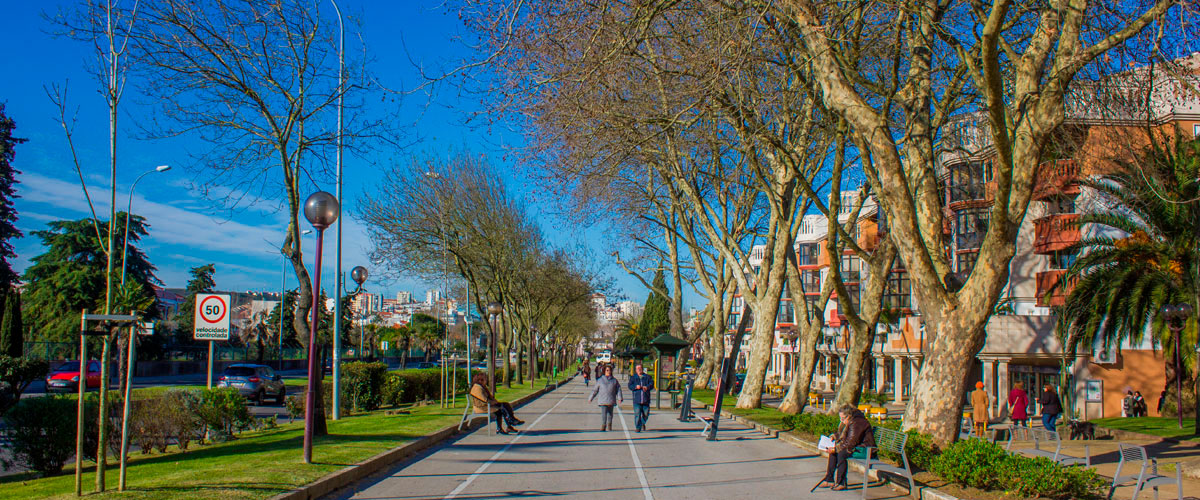
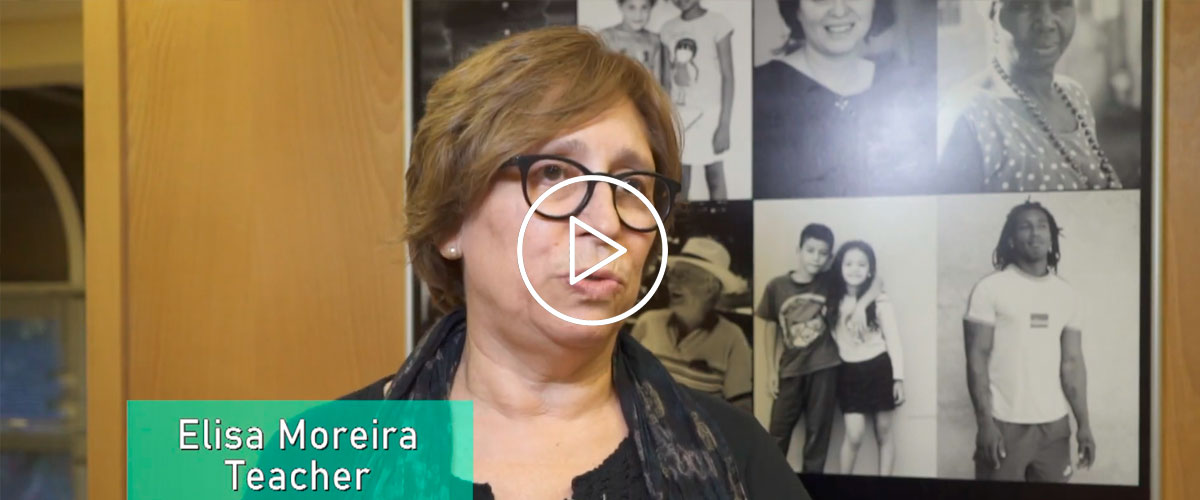 RumorlessCities
RumorlessCities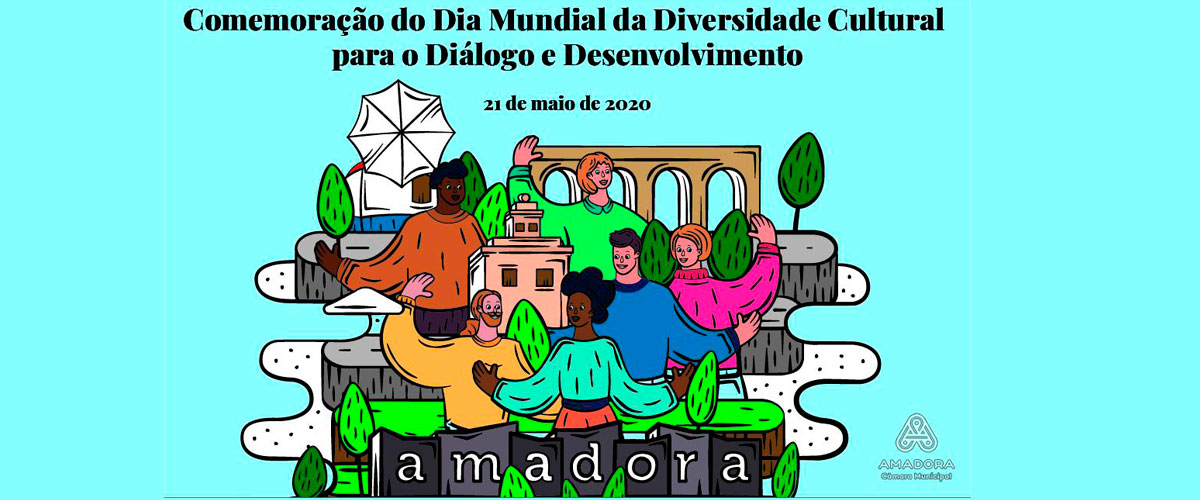 Day of diversity poster
Day of diversity poster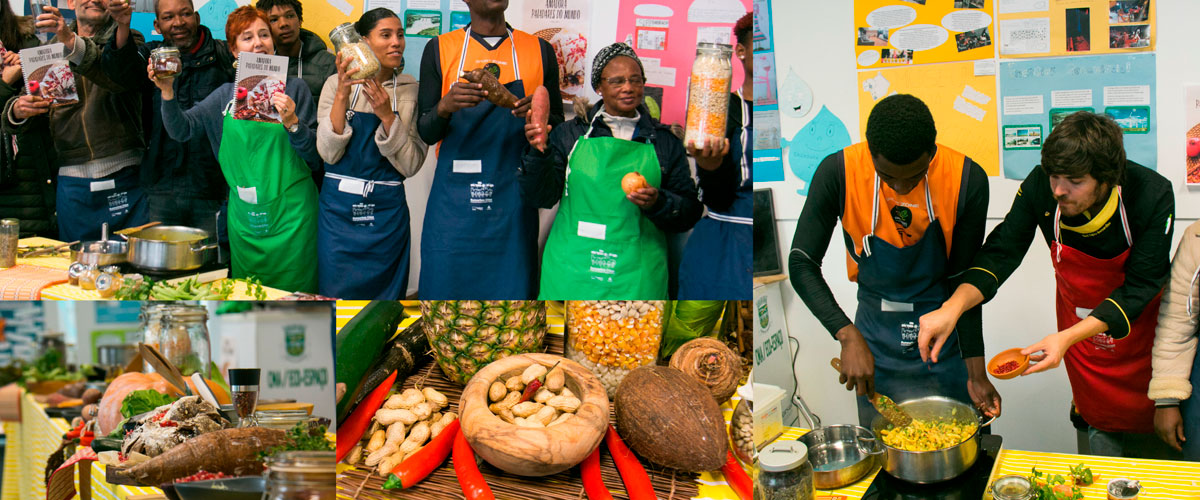 Showcooking event in Amadora
Showcooking event in Amadora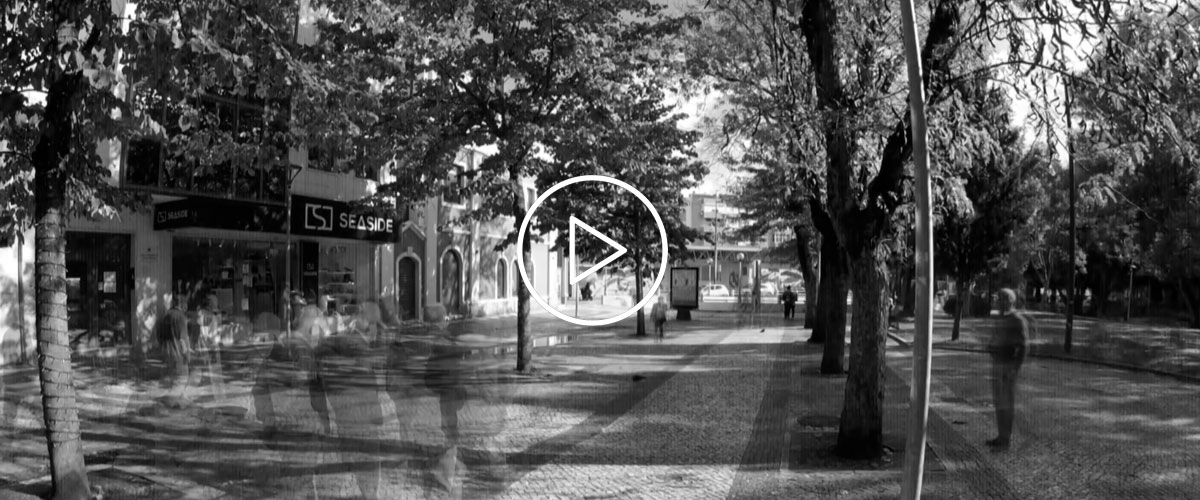 Youth Narratives in the City
Youth Narratives in the City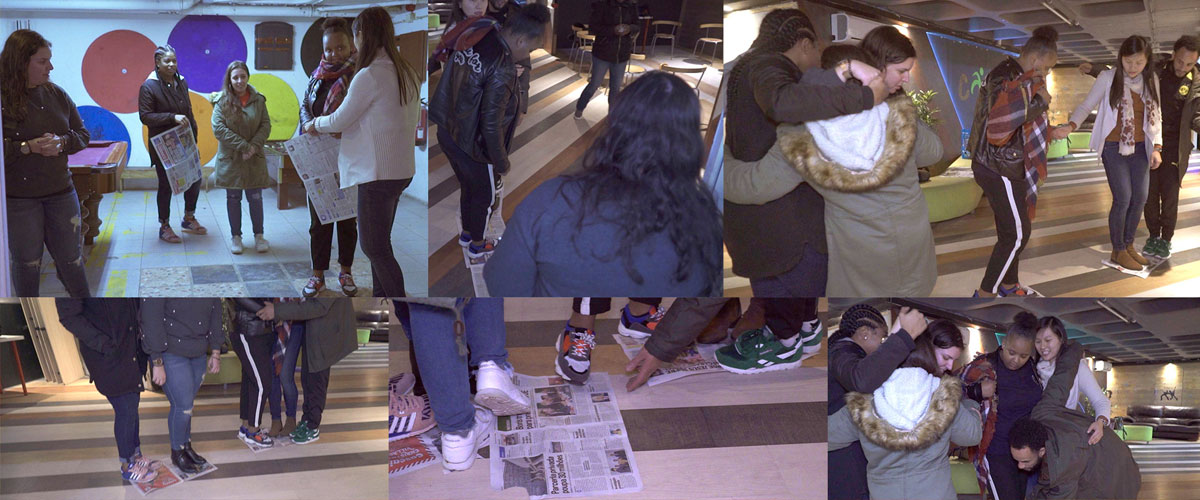 Day of diversity poster
Day of diversity poster




